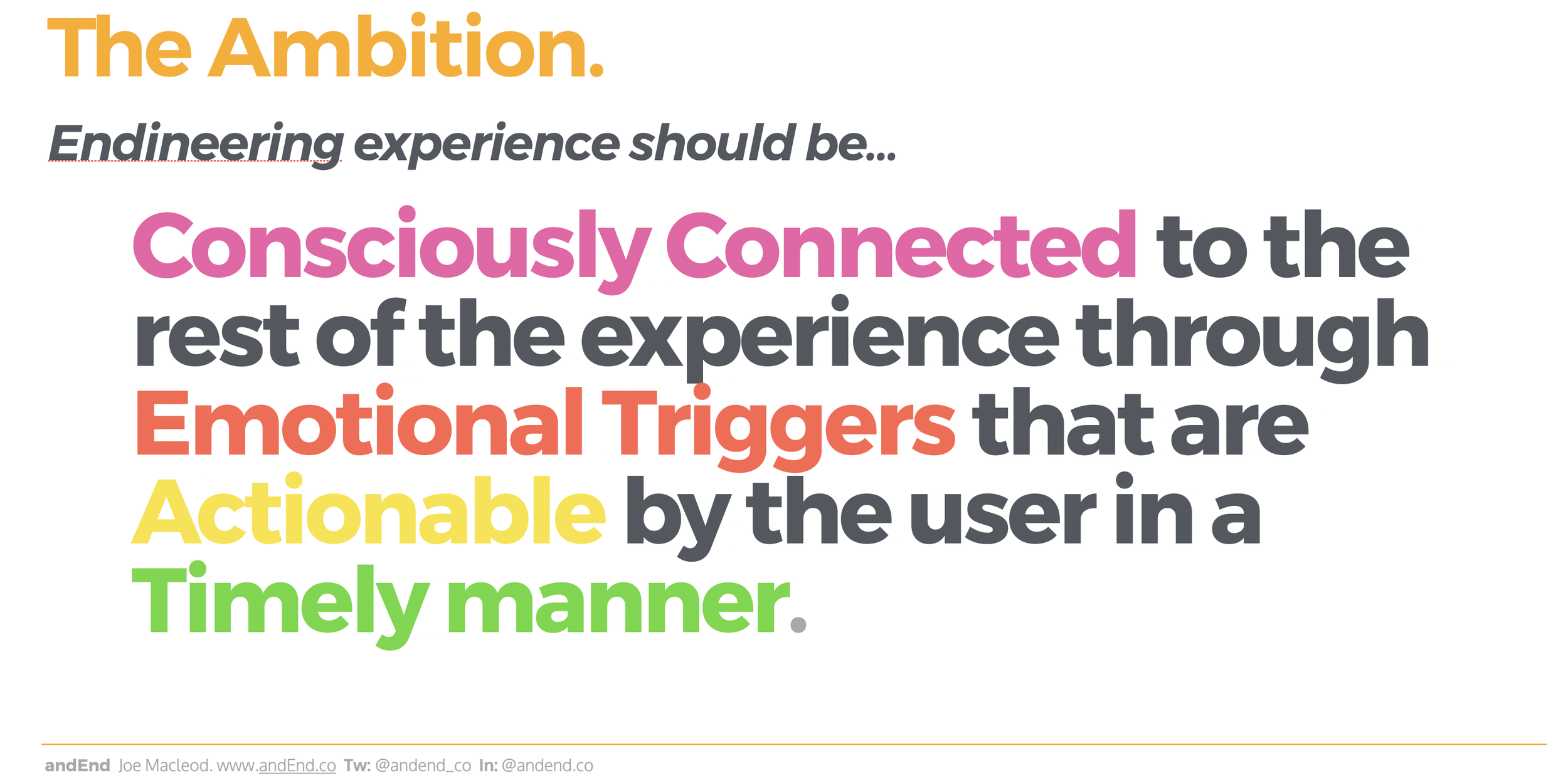Shame at the end.
In my books, I've explored the deeply flawed way we handle the end of the consumer lifecycle. Society’s current approach often leaves individuals feeling overwhelmed and disengaged, leaning into a destructive emotion: shame. This is the all-encompassing feeling that you are fundamentally a bad person, a generalisation that paralyses rather than motivates. It is not solution-oriented. This is very different from guilt, which is a targeted feeling about a specific bad action.
The Rise of Shame in Consumption
Why are we, as a society, shifting toward shame in our consumer endings? The problem lies in the increasing complexity and distance that characterise modern consumption.
Complexity: Products that once seemed simple—a coffee cup or a piece of clothing—are now hybrids of plastics, metals, and fabrics, often bonded in ways that make them impossible to separate and recycle correctly. Governments and industries create ever-more detailed and technical rules about disposal that can leave the average person feeling lost. For example, encountering a recycling symbol that means a company has "financially contributed to a recycling scheme" rather than "this item is recyclable" creates confusion and disempowerment.
Burden and Abandonment: Solutions designed to help often increase the burden on the individual, leading to a sense of abandonment. Initiatives like the "5Rs" (Refuse, Reduce, Reuse, Repurpose, Recycle) place the onus on the consumer, yet few companies provide the practical tools or guidance needed to follow through. This is especially true for products with a specialised end-of-life process, such as electronics or certain types of packaging.
Social Noise of Campaigns: Pressure groups and media campaigns, once occasional mailings, now use relentless social media content to overwhelm people, making them feel like they aren't doing enough. A 2020 Pew Research Center study found that while most Americans believe social media is effective for raising awareness, a majority also believe it can be a "distraction" that makes people feel they are making a difference when they are not. Sometimes called ‘clicktivism’ or ‘slacktivism’. The report noted that while 66% of users engage with political content, only a fraction participate in offline activities like attending meetings or volunteering.
Overwhelming Information: The sheer volume of information about the environmental and social impact of our purchases is overwhelming. We are bombarded with statistics about "millions of tonnes of e-waste" or "plastic in the ocean," but these messages are rarely linked to a specific, actionable choice an individual can make about an item they own. This constant, generalised communication about global problems, divorced from personal action, is fertile ground for shame, the "fear that we're not good enough". It's easy to feel inadequate when faced with a planetary crisis that your individual actions seem incapable of solving.
Narrowing Shame into Action
We need to narrow the generalised sensation of shame into specific actions related to an object. The focus must return from society to the individual. Helping consumers understand their role and making change feel human-sized. The powerlessness of worrying about the failures at a COP (UN Climate Change Conference) meeting or a plastic pollution summit stems from these complex issues being too big for individual action.
In the Endineering Ambition, one of the goals is to make solutions "actionable by the user". By doing this, we help consumers move from a feeling of concern to one of influence. Having influence creates opportunity to move an issue. Where a person can have a concern from a distance.

